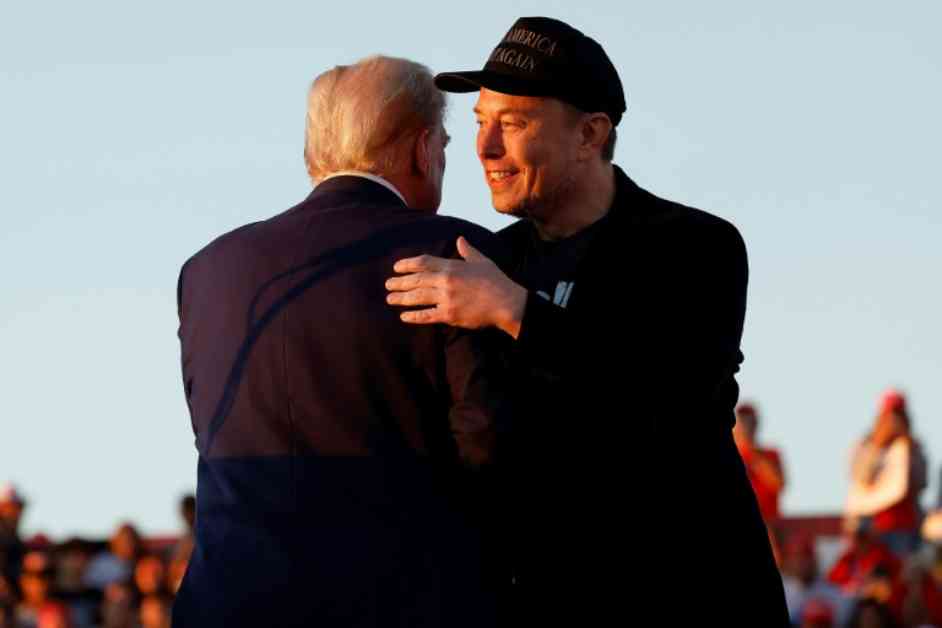Elon Musk, the well-known billionaire responsible for companies like Tesla and SpaceX, has recently caused quite a stir with his latest announcement. He has offered to give away $1 million every day to individuals who sign a political petition supporting the U.S. Constitution’s First and Second Amendments. This move has sparked debates about the legality and ethics surrounding this offer, especially as the 2024 U.S. presidential election approaches.
Musk’s petition is part of a larger campaign led by his America PAC, which is actively supporting the re-election of former President Donald Trump. The petition focuses on gaining support for the First Amendment, protecting free speech, and the Second Amendment, guaranteeing the right to bear arms. The PAC has been touring battleground states like Pennsylvania, urging voters to register and sign the petition leading up to the November 5th election.
The main goal of Musk’s $1 million giveaway is to increase voter engagement and support for Trump in crucial swing states. While the petition itself focuses on constitutional amendments, the timing of the offer and its connection to voter registration have raised suspicions that it may be an attempt to influence the election in Trump’s favor. Musk has openly backed Trump and believes that the outcome of the 2024 election will have a significant impact.
To sign up for the petition, individuals in key battleground states like Pennsylvania can visit the America PAC’s official website. Participants must be registered voters and sign the petition supporting the First and Second Amendments to qualify for the $1 million giveaway. The campaign also encourages participants to refer others to sign, with additional cash incentives offered for successful referrals.
The legality of Musk’s $1 million-a-day giveaway has sparked controversy. U.S. election law prohibits offering financial incentives to register or vote, but Musk’s petition is framed as promoting constitutional rights rather than voter registration directly, creating a legal grey area. Legal experts are divided on whether the offer violates campaign finance laws, with concerns raised by Pennsylvania Governor Josh Shapiro and campaign finance lawyer Brendan Fischer.
While no formal legal action has been taken against Musk or his PAC yet, election law experts believe that the giveaway could face scrutiny from state and federal officials as the election approaches. The eligibility requirements and the proximity to the election create legal risks, even though the petition itself does not directly violate campaign finance laws.
In conclusion, Elon Musk’s $1 million giveaway for signing a political petition has stirred up legal and ethical debates surrounding its legality and potential impact on the upcoming presidential election. As the situation continues to unfold, it remains to be seen how authorities will respond to this controversial initiative.













